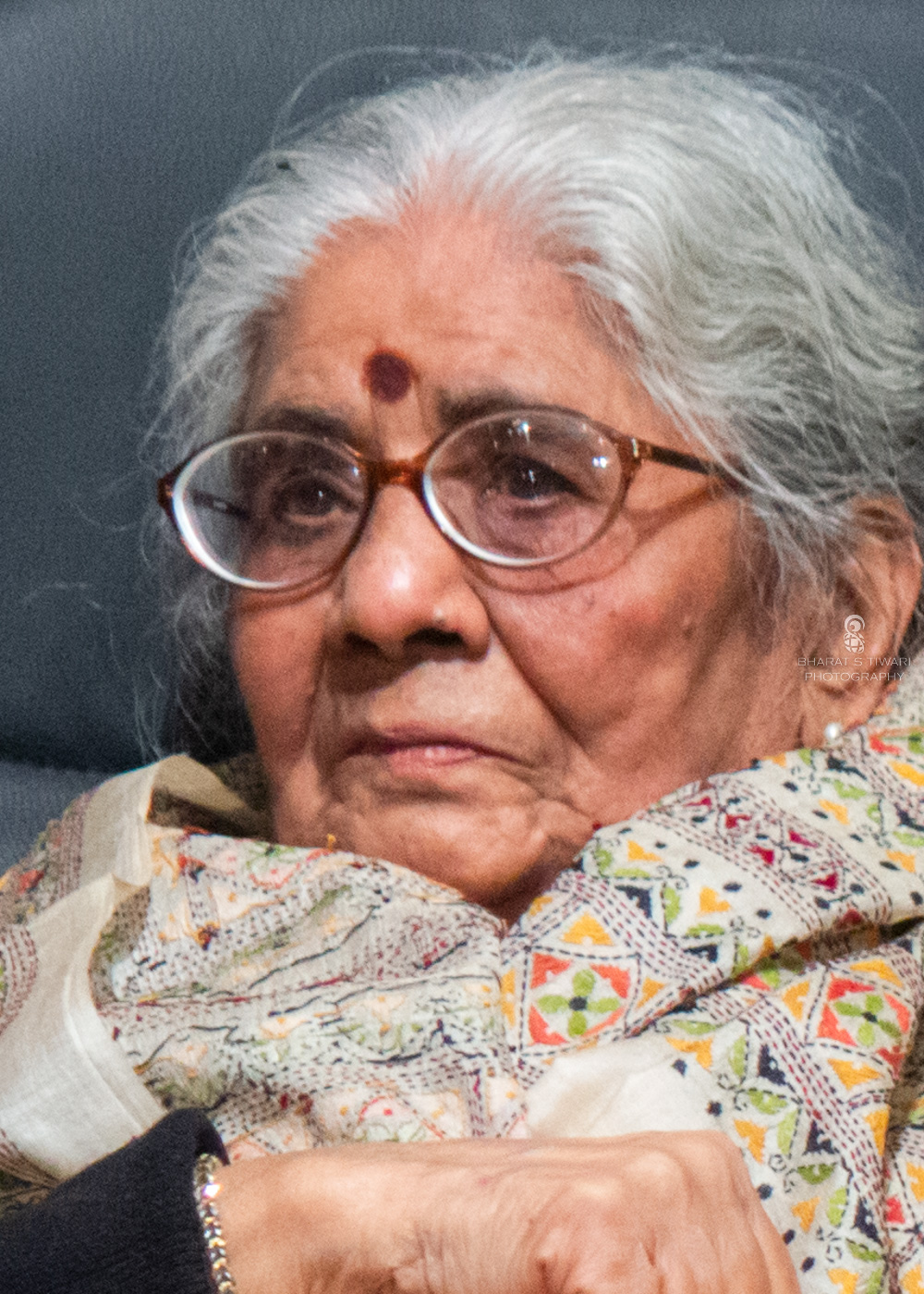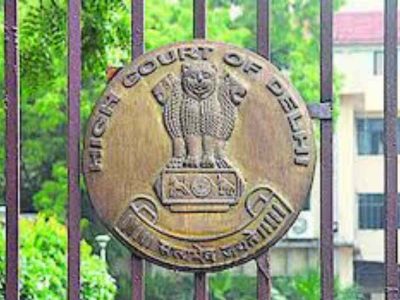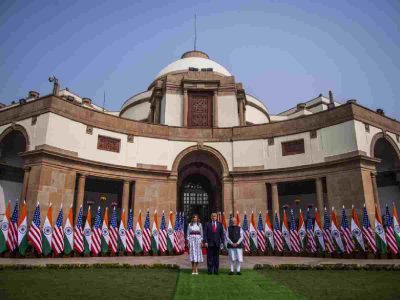One of the leading personalities of the Nayi Kahani (New Story) movement of Hindi literature, Mannu Bhandari was quite unlike her peers
One of the stalwarts of the Nayi Kahani literary movement in Hindi, Manu Bhandari stands out when looking at her peers like Kamleshwar, Bhisham Sahni, Nirmal Verma, Rajendra Yadav, and Mohan Rakesh, among others.
Writers of the Nayi Kahani movement penned down stories about petty corruption, the emerging middle class and unemployment. They highlighted how even independence couldn’t solve the problems plaguing and emerging in changing contours of Indian society.
Bhandari who passed away on 15 November at the age of 90, was not just a writer who would write about problems faced by the two sexes in a rapidly industrialising, and urbanising India. She was also a teacher, a reader, home maker, mother to a daughter and a feminist. Reflections of all of these brought varying nuances to her craft.
One of her celebrated stories, Trisanku, was chiefly driven by a self introspective desire of a mother to check upon the thought process of her generation. It is the story of a progressive mother who married a man of her choice against the wishes of her parents, but starts acting conservative when she herself becomes a mother and her daughter starts exercising her own choices.The mother sees reflections of her father’s image in herself, whose thoughts, she thought, were conservative.
Mannu Bhandari was a working woman and a homemaker, who had to make more compromises than her husband. Talking about her husband Rajendra Yadav, another leading figure of Nayi Kahani Movement, Bhandari once said, “I have no help from Rajendra in my life. His first priority was writing but mine were my daughter and my students and my responsibilities at home. Writing comes after that.” Bhandari’s writings, therefore, are inexplicably linked to her own experiences giving way to questions that she constantly thought about.
When she wrote the script of a TV serial called Rajani, she reflected on her own experience and wrote a character of a bold, independent woman speaking about day to day corruption.
However, a remarkable thing about Bhandari was that she understood the mindset of a conservative middle class and she was very subtle in her writing while destroying notions of patriarchy.
In another story “Geet ka chumban” she wrote a character who falls in love with a poet named Nikhil. He once kissed her out of love, but she wasn’t ready for it so she slapped him. She regretted her act, because the beautiful imagery of that kiss remained with her and she wanted to apologise. But soon, she found a letter from Nikhil where he apologised saying I thought you were like other girls but you are different. She tore the letter into pieces.

This story attacks the patriarchal notion that women, when showing physical desire, are bad.
Her novels like Mahabhoj and Aapka Bunty were also in many ways remarkable. While Mahabhoj is a story of political corruption, a novel that challenged a denigrating notion that women don’t write other than about familial set-up and kitchen affairs. Apka Bunty was a one of its kind novel, written from the perspective of a kid about the troubled relations of his parents. This was considered the magnum opus of Bhandari.
Another thing that set Bhandari apart was her attachment to her craft. She is credited with expanding the scope of moral rights of an author over his/her work. When Sisir Mishra made a movie Samay Ki Dhara based on Bhadari’s Novel Aapka Bunty, she wasn’t happy with the visual representation of her novel. She felt it reflected an incorrect image of her. She filed a case against the movie makers, famously known as Manu Bhandari vs. Kala Vikas Motion Pictures Ltd.
The case, though settled out of court, expanded the ambit of moral rights of an author on their creative work in the eye of law. Earlier it was merely about material gains — with this case, it was recognised that the author’s right to restrain the distortion of their work beyond literary reproduction — any modification should not motilate or distort the original novel under Copyright Act, 1957.
In fact, she was so particular about representation of her work that she fought with her family friend and celebrated director Basu Chatterjee, when he was directing the TV series ‘Rajani’. “I wrote the plot of the TV series Rajani, but it was so different from what I wrote, so I called Basu da and told what are you making of it.” Chatterjee then asked her to write the whole script, which she did. “Show was a hit but since a lot of people get money with these serials, they keep on dragging them. Even when it involves the distortion of the spirit of the story.”
Bhandari’s stories are dominated by middle class sensibilities or say constrained by that, and it was quite easy to discredit her work for many progressive critics who gave weight to the questions of identity, freedom while judging a literary work — most of these critics were progressive marxist.
But she wasn’t wary of that and maintained her style. A middle class home maker, who believed that social change comes slow and gradually, wrote fierce critiques of conservative values. She once said “borrowing progressive ideas from the west won’t work here. We have to chart our own progress”.
(Cover: wikipedia.com)





